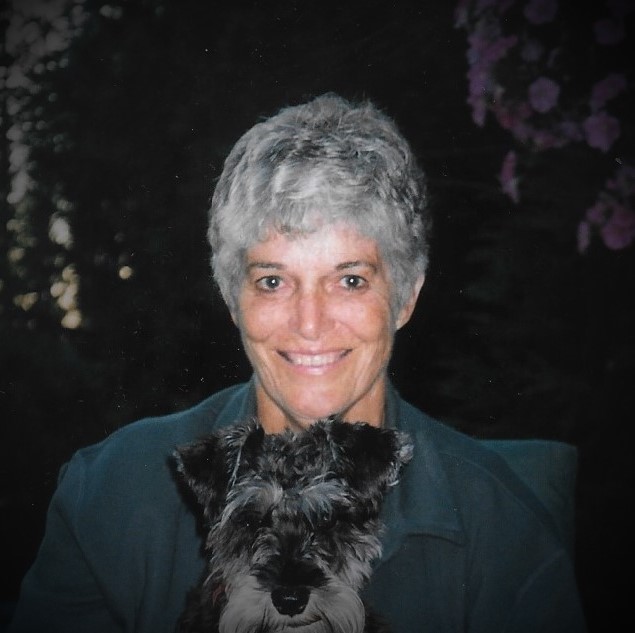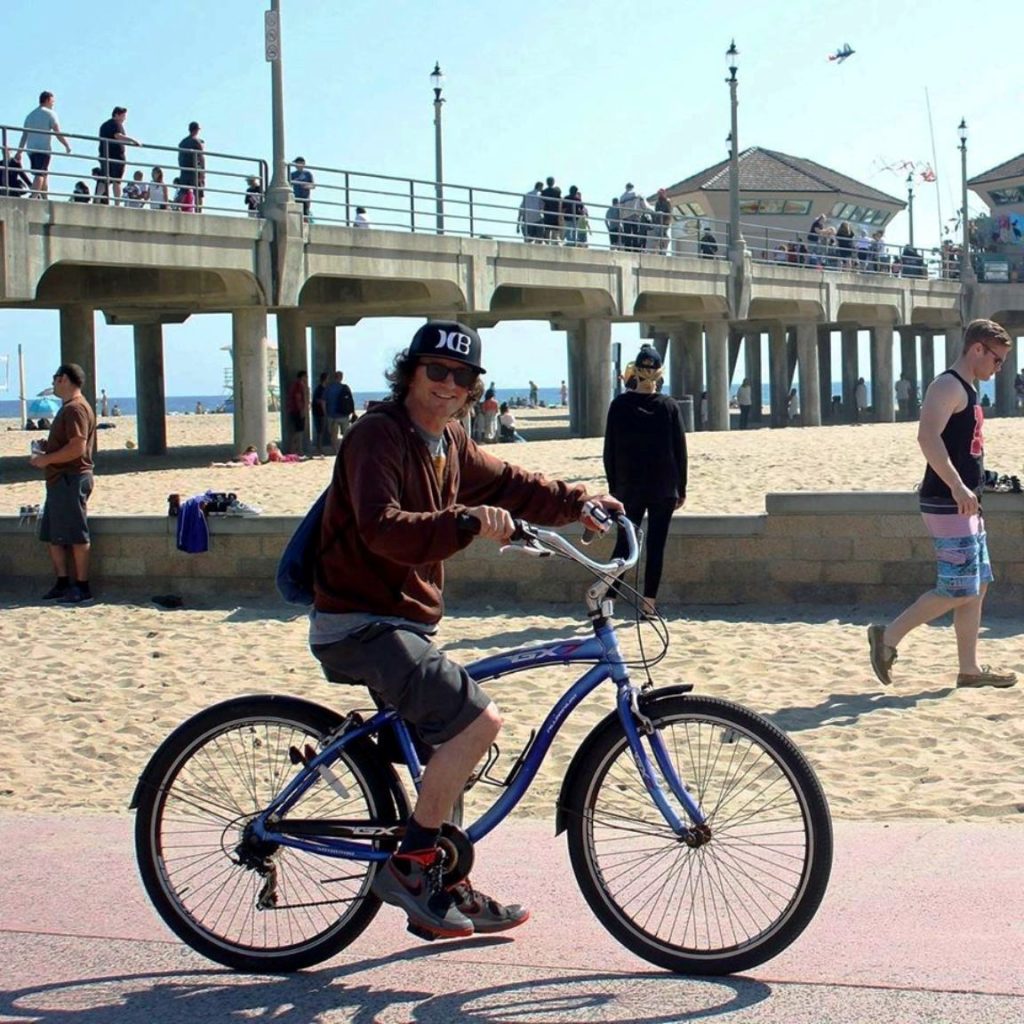
On March 4, City of Pasadena Public Health Officer Dr. Ying-Ying Goh declared a local public health emergency to empower the city to more effectively respond to the novel coronavirus disease, COVID-19. This declaration coincides with actions taken by Los Angeles County and Long Beach Health Department. Currently, there are no confirmed cases of COVID-19 in Pasadena.
The declaration of a Local Public Health Emergency will mobilize city resources, accelerate emergency planning, streamline staffing, coordinate agencies across the city, facilitate seeking and utilizing mutual aid and allow for future reimbursement by the state and federal governments. Additionally, an official declaration will help raise awareness about how everyone can prepare in the event that COVID-19 appears in our community. This declaration does not signify an immediate increase in risk to the residents of Pasadena.
“The City of Pasadena has been preparing to address cases of COVID-19 and taking action to prevent spread,” said Goh. “The Pasadena Public Health Department has been proactively working in coordination with partner jurisdictions and state and federal agencies to provide guidance to health care providers, schools and businesses, and deliver key public health functions to mitigate the impact of COVID-19.”
Steps that individuals can take to reduce the risk of getting sick with seasonal colds or flu can also help to prevent COVID-19 if it begins to circulate in the community:
• Wash hands with soap and water for at least 20 seconds; if soap and water are not available, use an alcohol-based hand sanitizer.
• Cover your cough or sneeze.
• Stay home if you are sick.
• Get your flu shot to protect against influenza.
• If you have recently returned from a country with ongoing COVID-19 infections, follow public health guidance and monitor your health. Call your healthcare providers and inform them about your travel history if you need care.
You can also prepare for possible disruptions to daily routines that could be caused by COVID-19:
• Make sure you have a supply of all essential medications for your family.
• Make a child care plan in case you or a care giver are sick.
• Understand your employer’s policies regarding leave and options for working from home.
• Make arrangements for how your family will manage a school closure.
• Make a plan for how you can care for a sick family member without getting sick yourself.
Dr. Goh will provide a full update on local response to COVID-19 at the March 9 council meeting. For the latest information on the coronavirus, visit cdc.gov/coronavirus.







